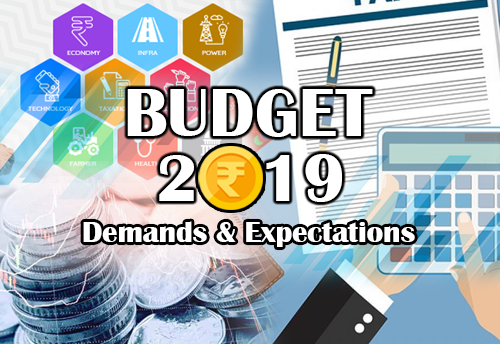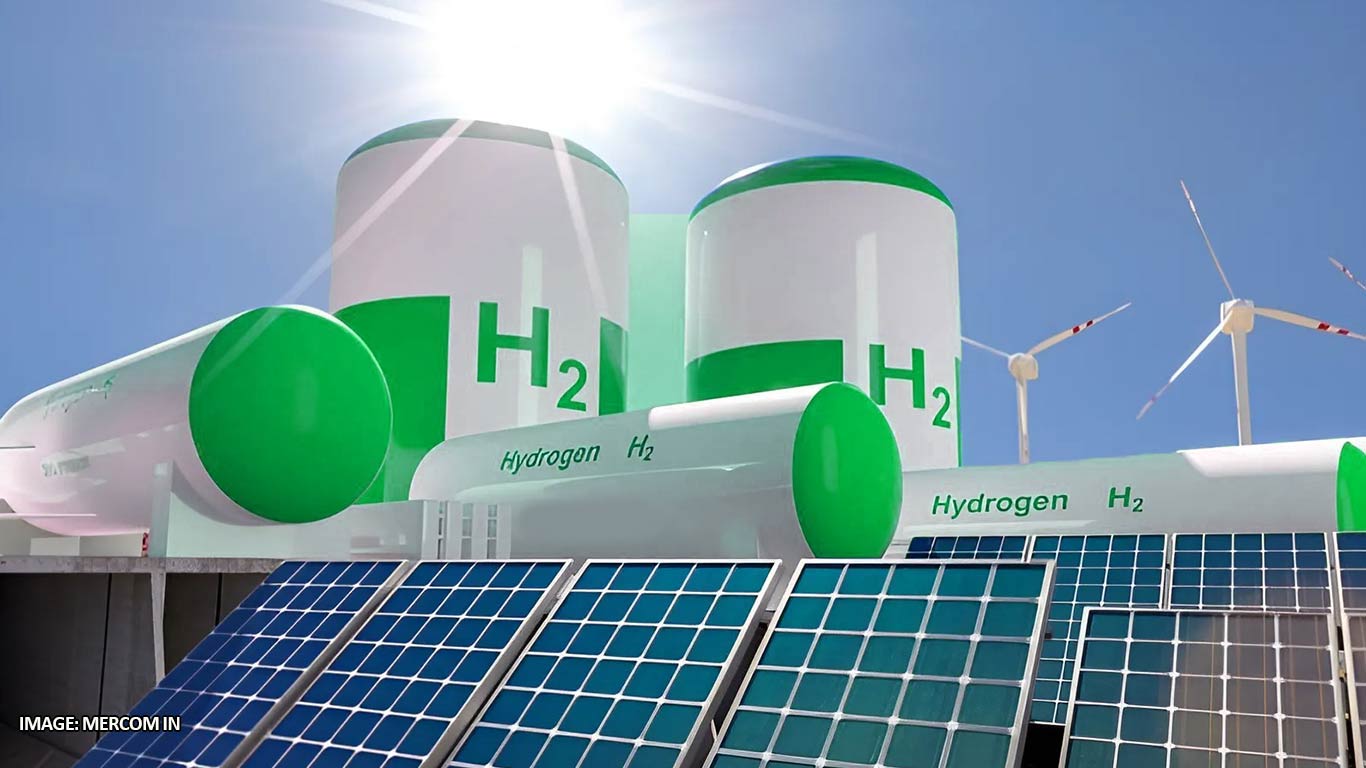Budget 2019: Key demands & expectations of India Inc
Updated: Jul 02, 2019 07:44:37am

Budget 2019: Key demands & expectations of India Inc
New Delhi, July 2 (KNN) As Union Minister for Finance Nirmala Sitharaman will present her maiden Budget 2019 on July 5, Indian incorporates/industry have come up with lot many expectations and wishes which they want to be fulfilled in the up-coming budget.
Let's have a look at what Indian corporates/industry is expecting this time from newly appointed Finance Minister:
Ameen Khwaja, Co-Founder and CEO, PTron
In the upcoming budget, we look forward to seeing some steps from the government to promote local manufacturing and tax reforms. One of the critical campaigns like Make in India is already transforming India into a global manufacturing hub however an equal focus should be kept on implementing Skill India Mission to fulfil the growing need of skilled manpower to sustain the manufacturing entities.
Adding more jobs to rural economy that is currently suffering due to agrarian distress would help in employment generation as well as better spending capacities.
And, since GST is evidently helping India progress financially, the government should further ease the GST norms encouraging more commercial establishments to register and add to the GST collections. Lowering the Income tax rates would help in increased purchasing capacity and with the growth in consumption, the indirect tax earning of the government would increase. Currently, 21% of government spending is borne by earnings through individual income tax. This can be compensated to some extent by indirect taxes that stand to benefit with increased consumption due to fall in individual tax burden. I think this is something that government should definitely explore.
John Baby, CEO, Funskool India
India has become one of most sought attractive investment destinations and businesses have been provided favourable ecosystem to scale their operations. We hope that the government provides more incentives to the manufacturing sector under the Make in India initiative, support domestic industry and discourage unhealthy imports by increasing duties. Credit availability through financial institutions, revising income tax slabs that will spur the savings, thereby enhancing the purchasing power of a consumer and undertake initiatives towards skilling the youth are some of the changes we will expect to see from the government in this budget. Rapid advent of technology and the role it plays in manufacturing sector, it needs policies and focus on infrastructure from the government to take the industry to the next level.
Sadiq Sait, Founder and CEO, uLektz Learning Solutions
Government had rolled out Startup India in 2016 and the focus since then has been to build a robust startup ecosystem in the country. We appeal the government to relax the angel tax norms and allow the startups to scale their businesses in India. Banks need to be sensitised about the potential of startups which the government can help in laying a path and pave way for funds from the financial institutions. The best practices need to be made available for the entrepreneurs in the country which can be extended to skilling the people in the industry and encourage the growth of start-ups in different sectors in the country. Existing startup regulations need to be looked at and provide a growth potential coupled with robust entrepreneurial ecosystem and drive the emerging businesses in the country.
Suresh Balaji, Country Manager ALOGIC
We expect the government to boost the development of products in India, which can be realized through addressing the issues plaguing the R&D activities of the companies in India. Government needs to provide incentives to encourage skill development in the I.T and peripherals sector. The I.T peripheral sector needs a boost from the government to drive large scale investments, become a prominent employment generator and have steady growth. The Indian manufacturing industry has witnessed rapid growth with initiatives like 'Make in India' and through the digital push by the government. We expect the government to provide relaxation through 'Ease of Doing Business' regulations, which will in turn transform the country into a global manufacturing hub and provide opportunities to computer I.T and peripheral companies to scale up their operations and become a hub for technological innovation in the world.
T Chitty Babu, Chairman and CEO, Akshaya Pvt Ltd
We welcome the government's move to provide few incentives to the real estate sector in its last term and address the issues plaguing the real estate developers. We urge the government to address the NBFC liquidity crisis as NBFCs haven't been able to provide finance for construction costs; stalling many under-construction residential projects across India. The government needs to incentivise real-estate developers by lowering tax burden as well as relaxing few more norms. Investor-friendly steps and steps to improve the infrastructure of the cities will open newer avenues for the developers and provide a stability to the sector in the long-term. Also, implantation of single window clearance system and faster approvals can help the real estate developers to tap into segments like Affordable Housing and ramp up the growth, thereby enhancing the overall buyer sentiments.
N Nagasatyam, Executive Director, Olectra Greentech
We strongly believe that the EV (Electric Vehicles) adoption in our country certainly needs support from the government. Though the long-term benefits of EVs are multi-fold still the relatively higher cost of acquisition of an EV is a bottleneck in its adoption. We expect the government to include Electric Vehicles in Priority lending sector so that the prospective buyers can be encouraged to move towards this environment friendly transport option. The financial assistance will help in compensating the cost difference of the EVs making it more attractive for the buyers.
Radhika Choudary, Co-Founder and Director, Freyr Energy
Renewable energy has a lot of importance these days, especially Solar. Though subsidies are provided to some of the customer categories but instead of that we would recommend an income tax benefit which is an easier way for the government to monitor and monetize the current action plan. These would benefit an individual, residential, commercial or an industrial customer as they don't have any Income Tax benefits to go solar at this point.
In current times, water and power are the two things we must conserve very efficiently, hence, we would expect government to mandate the industrial establishments to have Solar as a certain percentage of their power mix.
The net metering policy announced by the Central Government are witnessing implementation issues at the State level hence transparency in the same is very much required to see the desired results.











